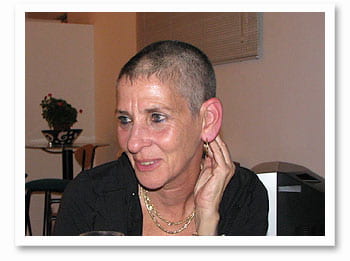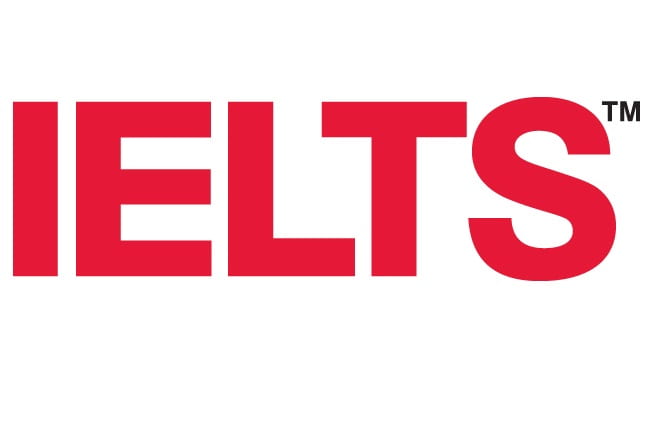 Elana Shohamy is a professor of Language Education at the School of Education, Tel Aviv University where she researches various topics of multilingualism within the contexts of critical framework, language rights and co-existence. Her work in language testing focuses on the power and the misuses of tests in education and society and more recently on multilingual testing. The work in language policy addresses an expanded framework of policy which, via powerful mechanisms, creates de facto policies which penalize and discriminates users of ‘other languages’. In the past decade, Elana has been researching Linguistic Landscape (LL), referring to languages displayed in public spaces with a focus of conflicts and contestation. Her books include: The Languages of Israel: Policy, ideology and practice (w/ B. Spolsky, 1999); The power of tests: A critical perspective of the uses of language tests (2001); Language policy: Hidden agendas and new approaches (2006); Linguistic landscape: expanding the scenery, (ed. w/ Durk Gurter, 2009); and Linguistic landscape in the city (ed. w/ Ben Rafael and Barni, 2010). Elana is the editor of the journal Language Policy and the new and upcoming journal Linguistic Landscape. Elana is the winner of the 2010 lifetime achievement award granted by the International Language Testing Association (ILTA), in Cambridge, UK.
Elana Shohamy is a professor of Language Education at the School of Education, Tel Aviv University where she researches various topics of multilingualism within the contexts of critical framework, language rights and co-existence. Her work in language testing focuses on the power and the misuses of tests in education and society and more recently on multilingual testing. The work in language policy addresses an expanded framework of policy which, via powerful mechanisms, creates de facto policies which penalize and discriminates users of ‘other languages’. In the past decade, Elana has been researching Linguistic Landscape (LL), referring to languages displayed in public spaces with a focus of conflicts and contestation. Her books include: The Languages of Israel: Policy, ideology and practice (w/ B. Spolsky, 1999); The power of tests: A critical perspective of the uses of language tests (2001); Language policy: Hidden agendas and new approaches (2006); Linguistic landscape: expanding the scenery, (ed. w/ Durk Gurter, 2009); and Linguistic landscape in the city (ed. w/ Ben Rafael and Barni, 2010). Elana is the editor of the journal Language Policy and the new and upcoming journal Linguistic Landscape. Elana is the winner of the 2010 lifetime achievement award granted by the International Language Testing Association (ILTA), in Cambridge, UK.
Linguistic Landscape: Interpreting and Critiquing Societies and Transforming Language Learning
Elana Shohamy, Tel Aviv University, Israel
Linguistic Landscape (LL) refers to languages displayed in public spaces on signs, advertisements, instructions, buildings, streets and billboards. ‘Language’ within LL is broadly defined, beyond ‘written words’, to include multiple semiotic sources such as images, graffiti, movements, sounds (‘sound-scapes’), smells and even people. ‘Landscapes’ refer to territories – virtual and/or real – as cities, neighbourhoods, streets, markets, work places, schools, war zones, and even bodies. While LL has been mostly overlooked in Applied and Social Linguistics, the past decade has witnessed a dynamic emergence of LL in theory, research and practices, anchored in a number of disciplines such as politics, geography, education, language learning. ‘Who owns the public space?’ and ‘Who has the right to write in public spaces?’, reflect some of the battles that take place in public spaces and are manifested through LL involving stakeholders, policy makers, entrepreneurs and walkers who use LL to promote ideologies, increase marketing scope, and demand participation and equality.
Some refer to LL as a textbook (Ben Rafael, 2006) where one can read inter-relationships among groups, status, power, domination, marginalisation as well as demand for equality participation and rights. It is in this context that LL serves as an instrumental and effective set of tools through which various societal issues can be observed, documented and interpreted. After a short survey of the emergence of the field of LL and its main findings mostly in its educational goal, the paper will address various ways for using LL as an educational tool: from the use of LL to develop awareness, critical views and development of multilingual awareness and actual language learning outcomes. These will be associated with a list of principles and models for school LLO engagements such as the connections between local societies LL and the schools so that the disconnect can be bridged.
